
Novel trial designs are reshaping clinical development by improving efficiency, reducing redundancies, and accelerating timelines toward a new era of precision medicine.

Novel trial designs are reshaping clinical development by improving efficiency, reducing redundancies, and accelerating timelines toward a new era of precision medicine.

Cogent Biosciences’ combination therapy cut the risk of disease progression or death by 50% compared to sunitinib alone, with a favorable safety profile and plans for FDA submission in early 2026.
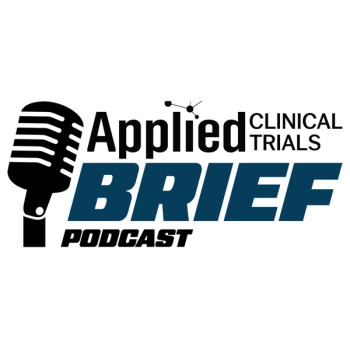
In today’s ACT Brief, we explore how AI and tokenized data are improving patient-protocol matching, highlight Caplyta’s new FDA approval for major depressive disorder, and review the FDA’s expansion of its National Priority Voucher program.
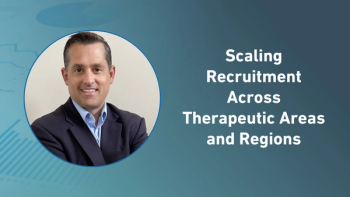
Discover why strategies must vary by indication and geography and how data-driven matching with supported referrals can outperform site expansion and generic advertising.

Caplyta (lumateperone) demonstrated significant symptom improvement and favorable tolerability as an add-on treatment for adults with major depressive disorder, supported by two pivotal Phase III trials and long-term extension data.

In today’s ACT Brief, we explore how real-world data can improve protocol design and feasibility, highlight new findings from Novo Nordisk’s oral semaglutide program, and review Eli Lilly’s promising Phase II results for a novel amylin receptor agonist.
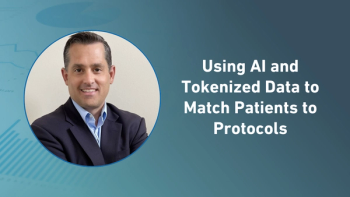
Understand how combining proprietary and real-world datasets with tokenization enables accurate protocol matching while maintaining privacy and compliance.

New post hoc and pooled analyses from the OASIS 4 trial presented at ObesityWeek 2025 show that oral semaglutide 25 mg improves glycemic control, cardiovascular risk factors, and weight outcomes across diverse patient populations.

New data from the Phase II study of eloralintide, a once-weekly selective amylin receptor agonist, reveal strong dose-dependent weight loss and a favorable tolerability profile, supporting advancement to Phase III trials.

In today’s ACT Brief, we highlight new insights on recruitment bottlenecks from Citeline’s Matt Holms, UCB’s first-in-class approval for TK2 deficiency, and why strong data foundations are key to realizing AI’s full potential in pharma.
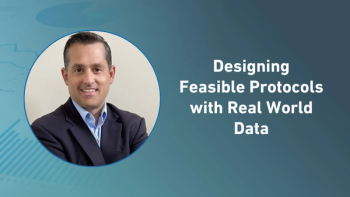
Learn how incorporating real-world data at study design can improve feasibility, reduce amendments, and align eligibility with findable patients across geographies.

Kygevvi (doxecitine and doxribtimine) earned FDA approval as the first treatment for thymidine kinase 2 deficiency, supported by data from a Phase II trial and multiple retrospective studies showing marked survival improvement and motor milestone recovery.
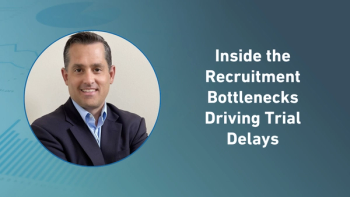
Gain insight into how principal investigator scarcity, frequent protocol amendments, and uneven site performance undermine enrollment and extend timelines.

In today’s ACT Brief, we highlight new insights from TransCelerate on streamlining clinical data to reduce burden, explore how Phastar is using technology to accelerate drug development, and review Takeda’s seven-year dengue vaccine results confirming long-term efficacy and safety.

Seven-year results from the global TIDES study show sustained protection, strong safety, and enhanced efficacy with a booster dose, reinforcing Qdenga’s role in dengue prevention amid rising global infection rates.

In a decentralized, digitally enabled clinical trial environment, conventional approaches to data analysis are evolving as sponsors utilize technological tools in new ways to ensure compliance with global standards, mitigate risk, and bring life-changing therapies to patients faster.

In this episode of the ACT Podcast, Jeneen Donadeo, executive director of portfolio management at TransCelerate, and Laura Galuchie, senior director and TransCelerate program lead at Merck, discuss the findings from a recent TransCelerate and Tufts CSDD study revealing that nearly one-third of data collected in Phase III trials is non-essential. They explore why trial complexity continues to grow despite industry efforts toward efficiency and share strategies for reducing data burden while maintaining compliance.

In today’s ACT Brief, we explore how Eli Lilly’s orforglipron could become the first oral GLP-1 therapy reviewed under FDA’s new national priority program, and examine emerging regulatory and ethical frameworks shaping bispecific antibody research in oncology.

In this special recap of the most recent SCRS Global Site Solutions Summit, we highlight insights gained from KOLs on-site that emphasize the importance of communication and collaboration between sites and sponsors/CROs.
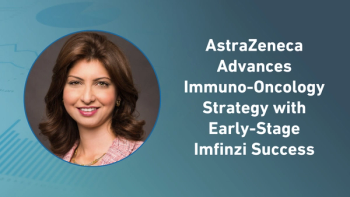
Explore how AstraZeneca’s immuno-oncology strategy focuses on improving survival in hard-to-treat cancers and moving checkpoint inhibitors into curative-intent settings.

Ethical and regulatory considerations for safeguarding participants in bispecific antibody clinical trials, and best practices designed to optimize their success.

In today’s ACT Brief, we spotlight the industry’s push to reduce site technology burden, AstraZeneca’s broad survival gains from the MATTERHORN trial, and Thermo Fisher’s multibillion-dollar acquisition of Clario to advance AI-driven clinical research.
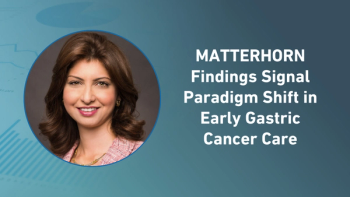
Learn how perioperative immunotherapy with Imfinzi is addressing long-standing unmet needs in gastric and GEJ cancers and paving the way for a new standard of care.
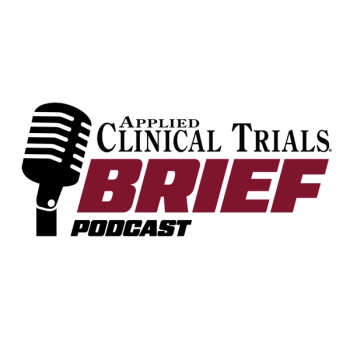
In today’s ACT Brief, we explore how AstraZeneca is redefining gastric cancer care through the MATTERHORN trial, Phesi’s Gen Li shares how AI and patient data are advancing global trial equity, and FDA unveils new draft guidance streamlining biosimilar development.

Learn how increasing system complexity and patient-facing technologies are creating new burdens for clinical trial sites—and what vendors and sponsors can do to streamline operations and improve support.
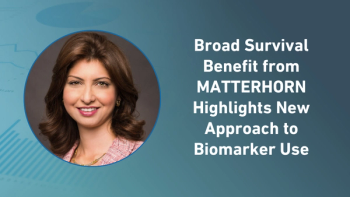
Gain insight into how the MATTERHORN trial’s results across PD-L1 subgroups could expand access to immunotherapy and reshape biomarker strategies in early gastric and GEJ cancer treatment.
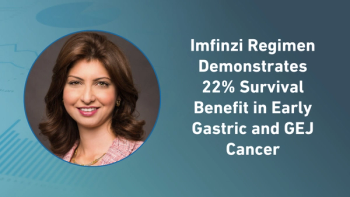
Discover how the Phase III MATTERHORN trial is redefining outcomes for patients with early-stage gastric and gastroesophageal cancers through the first perioperative immunotherapy regimen to show a survival advantage.

In today’s ACT Brief, we spotlight how new OpenAI collaborations are transforming drug development, how AI is driving smarter site activation in global trials, and how the FDA’s approval of a single-injection Omvoh regimen enhances convenience for ulcerative colitis patients.

Exploring how large-scale patient databases and AI analytics can accelerate site activation, strengthen recruitment, and improve trial design from the start.

Thermo Fisher will integrate OpenAI APIs into its Accelerator Drug Development platform and clinical research business, while Lundbeck deploys ChatGPT across its global workforce to drive R&D and commercial innovation.